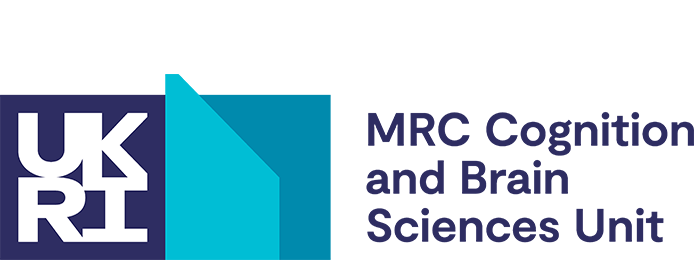Plasticity Lab
We are the Plasticity Lab, led by Prof Tamar Makin. We study the extent to which brain areas supporting perception and action are shaped by experience. Our research focuses on hand representation and how it is modulated by altered hand use and consequential compensatory behaviour. We aim to develop a mechanistic understanding of the neural basis of hand function and dysfunction, and understand how we could use technology to increase hand functionality in able and disabled individuals at all ages.
In particular, we are interested in how the cortical territories of the hand adapt following various alterations in hand functionality, including arm amputation and other conditions that impair motor skills. We seek to understand how the brain supports the acquisition of new skills necessary to effectively use artificial body parts and augmentative technologies such as the Third Thumb. We use this insight to develop smarter augmentation interfaces that are designed to better integrate with the user's body, brain and mind. To understand these processes better, we combine experimental models, performed on healthy participants, and related clinical populations (e.g. individuals with congenital limb difference, or people with sustained injuries to the body or the brain). Our research seeks to define the boundaries of plasticity - our brain's ability to adapt how it processes inputs based on changed experience.
Our lab is a hub for pushing the boundaries of the human body in the brain. We welcome enthusiastic students and postdocs who are eager to contribute to these cutting-edge projects, helping to shape the future of how humans interact with assistive and augmentative technologies. We are based at the MRC CBU at the University of Cambridge, with strong links with University of Oxford's neuroimaging centre (FMRIB/WIN), and the Institute of Cognitive Neuroscience, University College London, where the lab was previously hosted.








